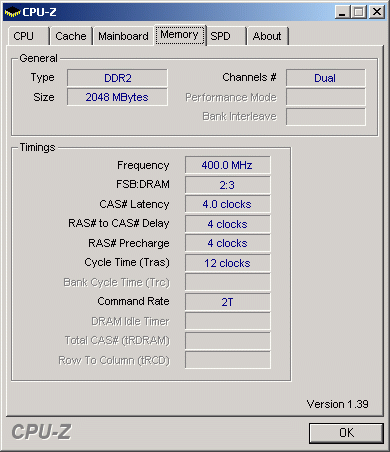
But which one will provide superior performance? A Today, a quad-core 2.4 GHz CPU costs about the same as a dual-core 3.0 GHz CPU. In the short term, we have to choose between faster dual-core systems, or Increasing the number of CPU cores on a die should defeat raw clock speed increases, at least in CPU vendors are forced to deliver more CPU cores running at nearly the same clock speed, or at very small speed bumps. Mindlessly ramping clock speed to 10 GHz isn't an option. Unfortunately, CPU parallelism is inevitable. Beyond encoding and rendering tasks which are naturally amenable to parallelization, the task manager CPU graphs tell the sad tale of software that simply isn't written to exploit more than two CPUs. The results seem encouraging, until you take a look at the applications that benefit from quad-core- the ones that aren't purely synthetic benchmarks are rendering, Here's a quick visual summary of how much you can expect performance to improve when upgrading from 2 to 4 CPU cores: In a recent review, Scott Wasson at the always-thorough Tech Report presented a slew of benchmarks that included both of these processors. These 2.4 GHz CPUs are identical in every respect, except for the number of cores they bring to the table. To get a sense of what kind of performance improvement we can expect going from 2 to 4 CPU cores, let's focus on the Core 2 Duo E6600 and Core 2 Quad Q6600 processors.

In Quad-Core Desktops and Diminishing Returns, I questioned how effectively today's software can really use even four CPU cores, much less the inevitable eight and sixteen CPU cores we'll see a few years from now. But for most software, you hit a point of diminishing returns very rapidly after two cores. It's like having a backup CPU in reserve, waiting to jump in and assist as necessary.

If nothing else, it lets you gracefully terminate an application that has gone haywire, consuming all available CPU time. I think there's a clear and substantial benefit for all computer users when there are two CPUs waiting to service requests, instead of just one.


 0 kommentar(er)
0 kommentar(er)
